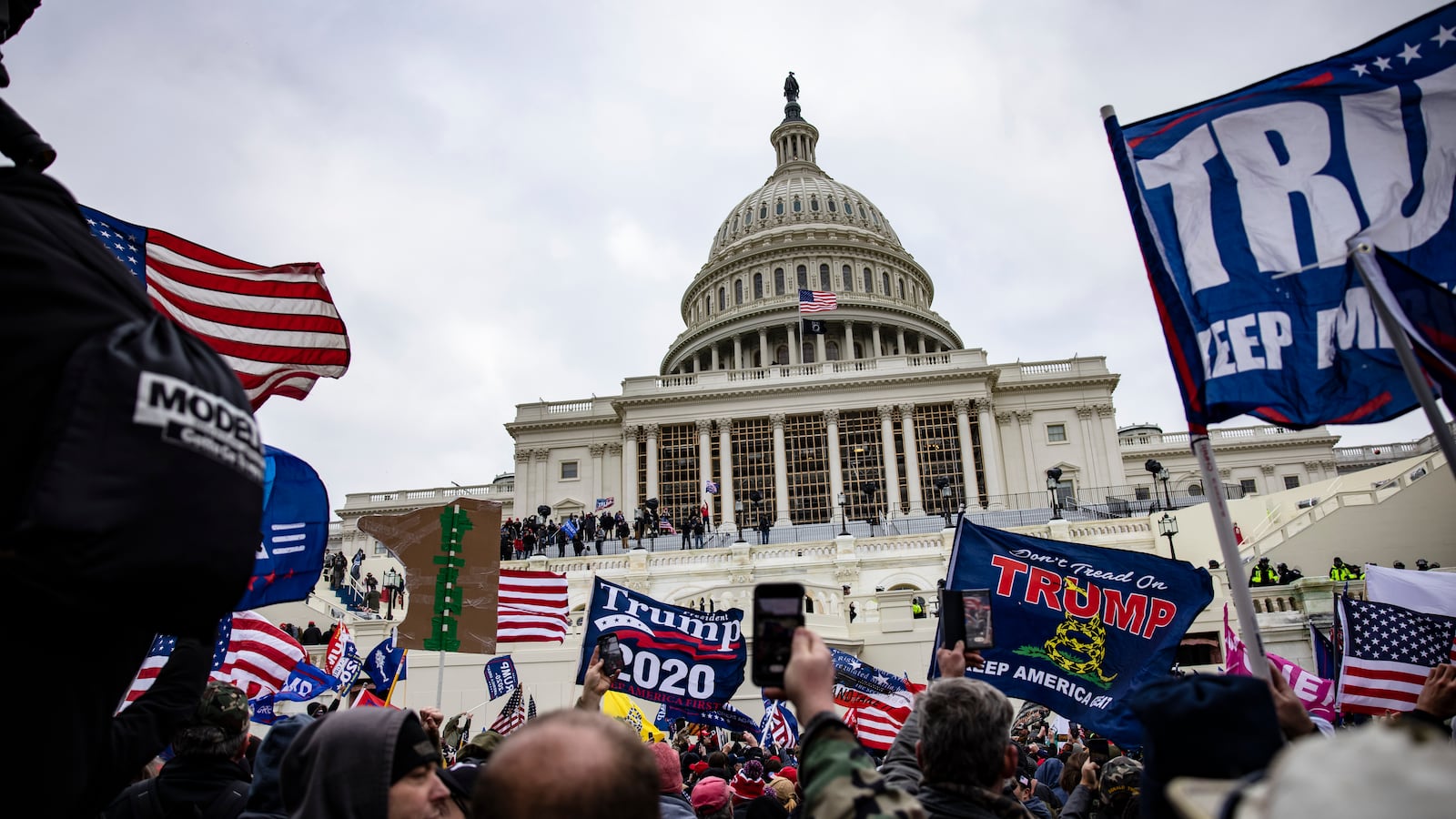The Supreme Court will hear arguments on Tuesday about whether Jan. 6 rioters should be sentenced using a federal charge that carries a hefty maximum penalty.
The Department of Justice has been regularly recommending Jan. 6 rioters be charged with a statute that prohibits obstruction of Congressional inquiries and investigations, including acts unrelated to investigations and evidence. On Jan. 6, 2021, rioters interrupted the counting and certification of electoral votes, a judicial proceeding.
The federal charge carries a maximum sentence of 20 years. So far, more than 100 rioters have been convicted and sentenced under that charge, but D.C. judges often sentence below the maximum.
On Tuesday, the court will hear oral arguments in Fischer v. United States, which challenges whether those who stormed the U.S. Capitol can be convicted on charges of obstruction, or whether the law was improperly stretched.
According to The Washington Post, defense lawyers plan to argue that prosecutors have been applying the charge too broadly, and could just as easily charge lobbyists and activists who disrupt Congressional committees. Meanwhile, the DOJ has said that it is appropriate in this case and not others, because the rioters’ actions are not protected by the First Amendment.
If the Supreme Court rules that prosecutors have been applying the charge too broadly, it could potentially reduce the sentences of more than 100 rioters.
In March, a panel of judges ruled that a Jan. 6 rioter’s sentence had been wrongly lengthened on the grounds that it obstructed the “administration of justice.”
The judges decided that the process of certifying votes “bears little resemblance to the traditional understanding of the administration of justice as the judicial or quasi-judicial investigation or determination of individual rights.”





